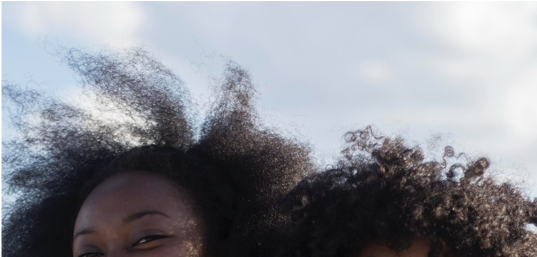
A woman’s prerogative: publication of new international research explores treatment options for stress urinary incontinence (SUI)
A treatment that is routinely offered to women on the NHS has come under the spotlight this month with the findings of an exciting new study published in the acclaimed Journal of Urology.
The research is the ‘first study of its kind’ to challenge previous doubts over the efficacy of a minimally invasive treatment for SUI, known as bladder neck bulking.
The much anticipated study – a randomised control trial (RCT) of over 200 women assessed across a period of 12 months – showed that when followed up in a rigorous, study setting, complications with mid-urethral sling surgery using tension-free vaginal tape (TVT, also known as ‘mesh’) appear higher than previously thought (“common”) compared to treatment using a so-called “bulking agent” (a water-based gel). Learn more about treatment options here.
The landmark study showed that whilst TVT-slings showed a better overall ‘satisfaction’ in outcome than bladder bulking, all serious complications were associated with TVT, whereas there were NONE for Bulkamid® (the current market leader).
92% of patients were cured or improved with Bulkamid®, the highest ever figure recorded in published data.
Over the past 2 years there has been an unprecedented level of campaigning and debate, highlighting the devastating adverse effects on some women following treatment using TVT-slings for conditions such as prolapse or SUI.
Whilst official inquiries continue, the UK has seen a temporary suspension in the use of these sling procedures.
As such, there has also been a huge push by the manufacturers of incontinence products encouraging women to turn to ‘pads and pants’ as a solution to their SUI – a strategy that has also led to complaint from the Royal College of Nursing to the advertising watchdog for trying to “normalise” the condition.
A new national opinion poll of 2,000 women commissioned just last month on behalf of ‘Control Your Choice’, revealed that almost three quarters of women (72%) said they ‘felt embarrassed about wearing incontinence products’. Of these, 29% said it led to a fear of going out. 60% of all those questioned said they were concerned by about the environmental impact of incontinence pads.
Yet, despite the scale of SUI (the condition affects an estimated 30% of women worldwide) and the obvious effects on a woman’s quality of life, it is now widely believed by medical experts across the industry that procedures carried out for SUI in the UK have dropped from 16,000 annually (2010) to 6,000 (2018), with the decline starting in 2014 when the international mesh story first broke, then “dropping off a cliff” in 2016 (when the scale of the issue reached the UK media).
Consultant Obstetrician and Gynaecologist, Nicola Dean, says;
She says; “This new research underlines the fact that women do have a choice and they must be encouraged to use that choice. For some, specialist physiotherapy and guided pelvic floor exercises will make the world of difference. However, when these conservative therapies fail, women should not simply be faced with the prospect of pads. This paper supports our own practice here in our department that bladder bulking can be offered as a safe, first line procedure for primary SUI treatment due to the high satisfaction of patients and low complications associated with Bulkamid.”
Jenny (53) from St Albans was treated with Bulkamid® earlier this year following almost a decade of suffering from embarrassing, and at times debilitating, condition.
She told Control You Choice that the results have been “life changing”.
“I was very fortunate that my GP referred me to a local Consultant Gynaecologist who immediately suggested I would be eligible for bladder bulking treatment. It was all done so quickly – in fact, I was back home, post-surgery, later that same day. Within a couple of days, I’d returned to my day-to-day activities, including lifting boxes in the school kitchen where I work – but without any leaks! The whole experience has been incredible, and my husband says I’m a new woman!
